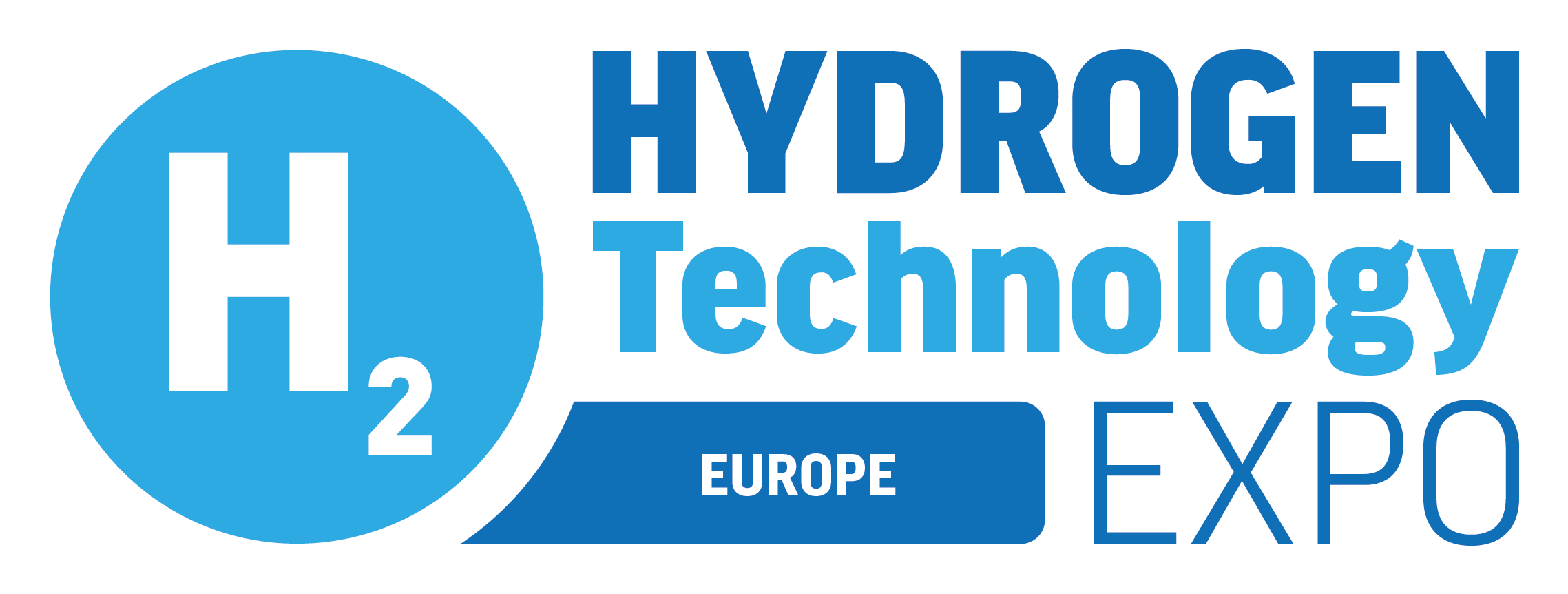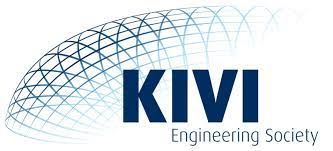Member states have signed off on making the EU’s hydrogen and low-carbon gas markets package law
)
On the 21st of May 2024, government ministers from the twenty-seven member states, which make up the European Council, signed off on the EU’s low-carbon and hydrogen markets package. This means this law will now go forwards to be put into practice and the pair of proposals will regulate the trade of clean H2, as well as its derivatives, plus it will oversee the infrastructure build-out.
A few large aims that drive this directive forwards, is the EU’s intention to prevent monopolies from forming through ‘vertical unbundling’, whilst also stopping one business alone owning the infrastructure for hydrogen production, transportation and storage, plus finally, preventing ‘horizontal unbundling’. Preventing ‘horizontal unbundling’ would mean things such as gas and electricity transmission network and operators, would be prevented from operating H2 pipelines at the same time, under the same corporate entity.
Alongside laying out principles for phasing out fossil gas, the regulation also introduces a European Network of Network Operators for Hydrogen (ENNOH). The creation of this is necessary in order to establish, publish and regularly update a non-binding ten-year network development plan for hydrogen infrastructure in the EU.
The package, which has now been made law, is made up of one directive and one regulation which lays down common rules for the internal markets for hydrogen, renewable gas and natural gas. This decision has been made due to the shared view and definition provided by the directive that low-carbon hydrogen and gases have a 70% lower greenhouse gas emission rate. This statistic has been determined through looking at these new gases in comparison to their fossil fuel equivalents.
The aim for these new regulations is that by 2033, the project should be at the stage of having an ‘entry-exit system’ which is dedicated to hydrogen, instead of having a focus on infrastructure directly linking up production and contracted offtakers. Currently there is a maximum duration for capacity contracts of twenty years for infrastructure completed before 1 January 2028 and this is decreased to fifteen years if the infrastructure is completed on or after 1 January 2028.




)
)
)
)
)
)
)
)
)
)
)
)
)
)
)
)
)
)
)
)
)
)
)
)

)
)
)
)
)
)
)
)
)
)
)
)
)


)
)
)
)
)
)
)
)
)
)
)
)

)

)
)
)

)
)
)

)
)
)
)
)
)
)
)
)
)
)


)
